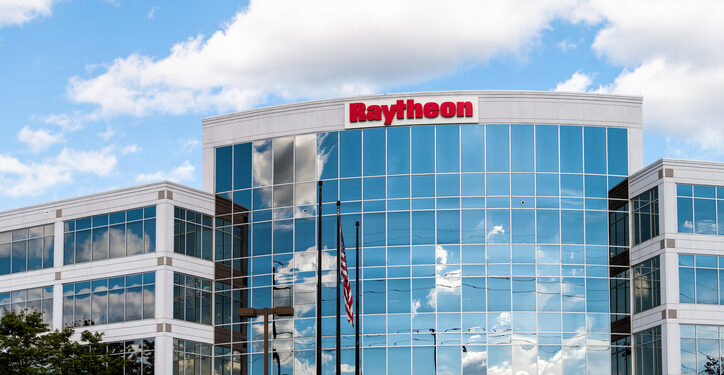On October 16, U.S. authorities announced major settlements with defense contractor RTX (formerly known as Raytheon Technologies Corporation) over allegations that the company violated both the Foreign Corrupt Practices Act (FCPA) and False Claims Act (FCA).
The U.S. Department of Justice (DOJ) announced a $950 million settlement while the U.S. Securities and Exchange Commission (SEC) announced a related $124 million settlement.
Among the charges are allegations that Raytheon engaged in a bribery scheme to obtain contracts with the Qatari military and misrepresented its costs during contract negotiations with the U.S. Department of Defense (DOD).
According to the SEC, Raytheon violated the FCPA as it “used sham subcontracts with a supplier to pay bribes of nearly $2 million to Qatari military and other officials from 2011 to 2017 to obtain Qatari military defense contracts.” The SEC further alleges that Raytheon “paid more than $30 million to a Qatari agent who was a relative of the Qatari Emir and who, despite being retained as Raytheon’s representative in Qatar, had no prior background in military defense contracting” and that “Raytheon obtained additional defense contracts through the agent under circumstances with significant corruption risks.”
“The penalty in this case reflects the significant misconduct by Raytheon and the need for global companies to implement meaningful internal accounting controls that ensure that payments to intermediaries are not used to circumvent the restrictions of the FCPA,” said Charles E. Cain, Chief of the SEC Enforcement Division’s FCPA Unit.
“Over the course of several years, Raytheon employees bribed a high-level Qatari military official to obtain lucrative defense contracts and concealed the bribe payments by falsifying documents to the government, in violation of laws including those designed to protect our national security,” said U.S. Attorney Breon Peace for the Eastern District of New York.
The Dodd-Frank Act, which established the SEC Whistleblower Program, extended whistleblower provisions to the FCPA. Individuals can disclose information relevant to potential FCPA violations to the SEC.
Through the SEC Whistleblower Program, qualified SEC whistleblowers, individuals who voluntarily report original information that leads to a successful enforcement action, are eligible to receive monetary awards of 10-30% of the funds collected by the government.
As part of the SEC Whistleblower Program’s anonymity and confidentiality protections, the SEC does not disclose when a whistleblower aided in a successful enforcement action.
The DOJ also alleges that Raytheon violated the FCA as it “provided untruthful certified cost or pricing data when negotiating prices with the DOD for numerous government contracts and double billed on a weapons maintenance contract.”
$428 million of the total $950 million DOJ settlement stems from the FCA violations. This is the second largest government procurement fraud recovery under the Act according to the DOJ.
The FCA settlement stems from qui tam whistleblower lawsuit filed by Karen Atesoglu, a former Raytheon employee. The False Claims Act’s qui tam provisions enable private citizens and private parties to file lawsuits on behalf of the government if they know of an individual or company defrauding the government. Qui tam whistleblowers are eligible to receive between 15 and 30% of the government’s recovery.
Atesoglu is set to receive $4.2 million as her share of the settlement.
“Government contractors have an obligation to be fully transparent about their cost and pricing data when they seek an award of a sole source contract,” said Principal Deputy Assistant Attorney General Brian M. Boynton, head of the Justice Department’s Civil Division. “The department is committed to holding accountable those contractors that knowingly misrepresent their cost and pricing data or otherwise violate their legal obligations when negotiating or performing contracts with the United States.”




